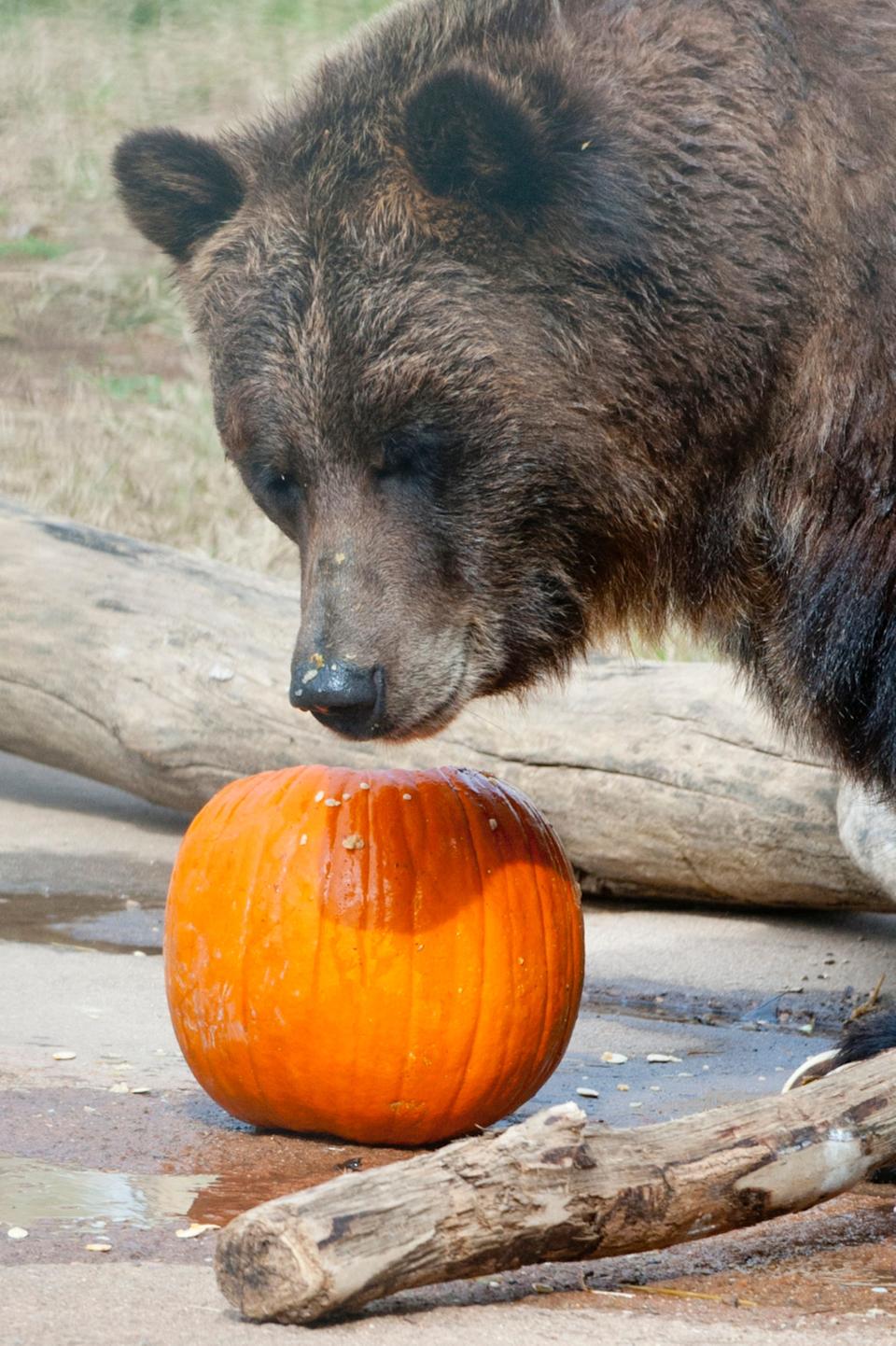With help from Mitch McConnell and Rand Paul, Kentucky can lead on animal issues again
- Oops!Something went wrong.Please try again later.
- Oops!Something went wrong.Please try again later.
Let’s face it: Not many people look at the two senators from Kentucky and see a couple of warm and fuzzy guys.
Sen. Mitch McConnell, is widely recognized as a master legislator but also a bare-knuckled tactician in the art and exercise of power. Sen. Rand Paul, has laser-focused fidelity to libertarian ideals, and his ability to withstand pressure when he is a crowd of one says more than a little something about his resolve. No matter if you love or loathe them, they are two very different brands but each smart and tough, with a record of winning majority votes in our state.
All that is why it so heartening for those of us who work on behalf of animals to see them supporting some of our causes. We have seen it in the very recent past with Sen. McConnell shepherding to passage in December 2020 legislation to end race-day doping of thoroughbreds streaking around track ovals. Perhaps even more surprising to some, is we’ve now joined with Sen. Paul now in formulating a bill with the potential to spare tens of thousands of beagles and primates and millions of other animals subjected to suffering and death in needless and ineffective animal tests in laboratories.
Louisville Metro Animals:Animal shelter may begin euthanizing adoptable cats, dogs due to overcrowding
Modernizing the FDA
Partnering with his ideological opposite in Sen. Cory Booker, D-.N.J., Sen. Paul is the lead author of S. 2952, the FDA Modernization Act of 2021. The legislation amends the Federal Food, Drug and Cosmetics Act to eliminate an onerous federal requirement that all new drugs go through extensive rounds of animal testing before going to human clinical trials.
Sen. Paul is 100% correct that this Depression-era requirement has impaired the efficient working of our drug development operations in the United States. The data show us that 95% of drugs fail in human clinical trials after animal tests forecast that they’ll be safe and effective. This absurdly high failure rate drags out the drug approval process, raises drug prices for consumers, and racks up capital costs for drug developers.
Human-relevant cell-based assays, organs-on-a-chip, human-on-a-chip (microphysiological systems), and sophisticated computer modeling more accurately predict human response to new drugs, yet the FDA is bound by statute to require drug developers to use archaic, expensive, often inaccurate animal tests. Breakthrough discoveries can’t help patients if they don’t leave the lab.
Sen. Paul’s FDA Modernization Act of 2021, which has already cleared key hurdles in the House and Senate, aligns public health and animal welfare with 21st-century science.
Horse racing:Kentucky veterinary board investigating stallion Laoban's death after fatal libido treatment

Bear bile is not medicine
In addition to working to stop race-day doping and horse slaughter for human consumption, Sen. McConnell has a history of helping bears. Twice he worked to pass a measure in the Senate to stop the trade in bear gallbladders, extracted from the body cavity of bears to supply Traditional Chinese Medicine.
It’s easy for Kentuckians to forget that bears are a native to our state. All but driven from the state by clearcutting and poaching, bears survived the onslaught and are a small but treasured presence in our state.
Across the U.S. and the world, however, bears and cubs are killed by poachers who take only their gallbladders, and sometimes their paws, leaving the rest of the bear behind. The disembodied gallbladders and the bile they hold are easy to conceal and command a high price ($1,000 or more per gallbladder) due to their use in traditional Asian medicine.
Because most of the eight bear species in the world are endangered, poachers and wildlife traffickers concentrate on our more abundant bears in North America.
We hope Sen. McConnell will muster the same passion today that he exhibited a generation ago when he won support from all Republican and Democrat colleagues in the Senate. “I believe that we have the opportunity to pass proactive legislation to ensure that America's bears do not suffer the same fate as so many Asian bears or rhinos and tigers in Asia and Africa,” wrote McConnell back in 1998 to the Chairman of the Senate Environment Committee.
While McConnell got it done in the Senate, his House colleagues inexplicably balked, leaving the policy work unfinished.
Now there is greater urgency than ever. In 2020, the Chinese Ministry of Health announced that bear bile was an acceptable palliative treatment for COVID-19. You can imagine what it would mean for bears if a massive viral outbreak occurred in a nation of 1.4 billion people.
You don’t have to be from rural Kentucky to understand the value and importance of animal life. They are to be applauded for this work to help animals. But there’s more work to be done, and we encourage them to muster their persuasive powers to get these measures over the finish line this year.
Joseph Grove, a resident of Shelby County and a former journalist and business editor, is director of public relations for Animal Wellness Action and the Center for a Humane Economy. Pam Rogers, a resident of Jefferson County, is Kentucky state director for Animal Wellness Action
This article originally appeared on Louisville Courier Journal: With McConnell and Paul, Kentucky can lead on animal issues again

